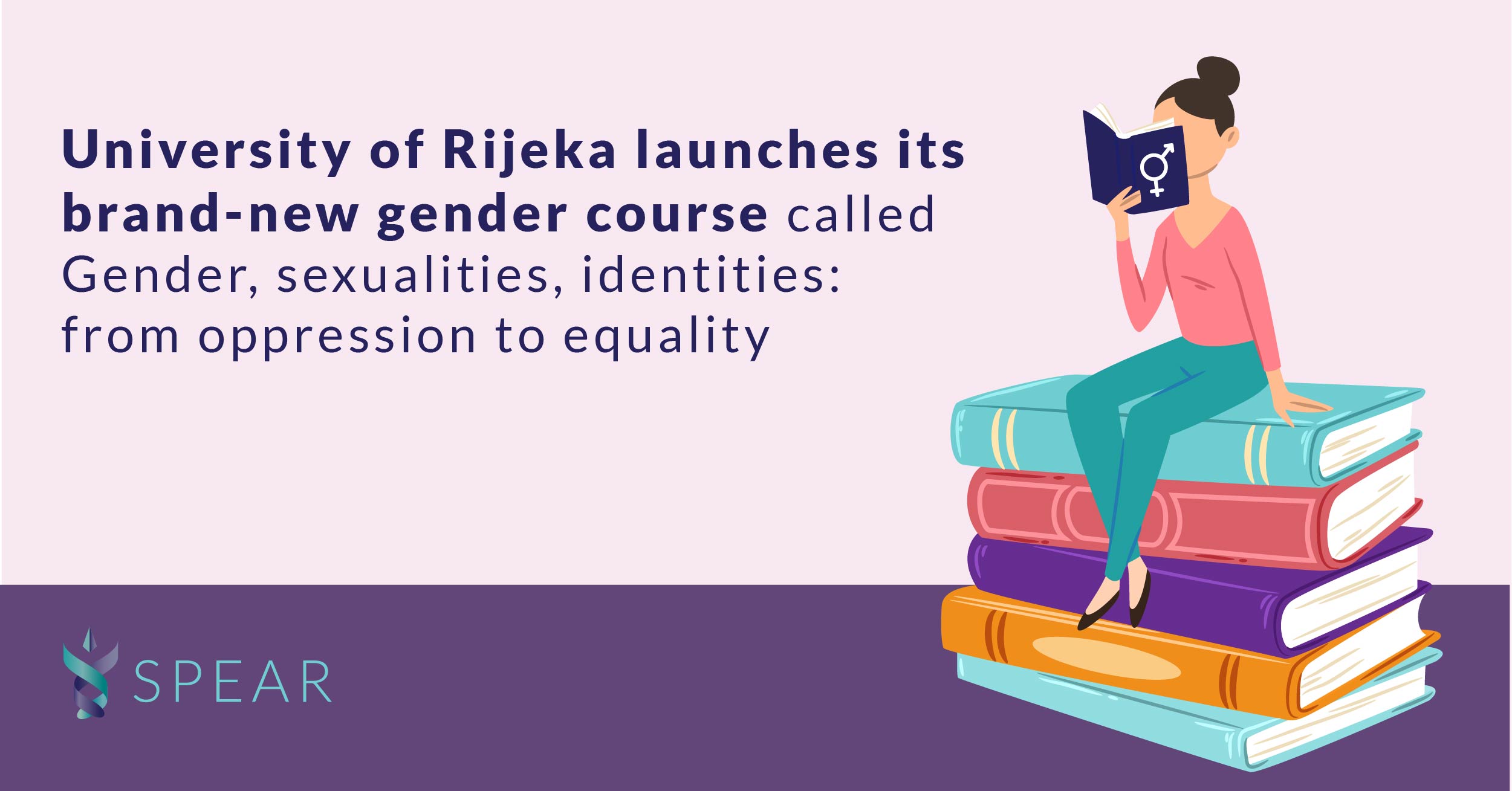It has been established as one-semester course, and it is a type of course (communis) open to enrolment for all students of the master studies at the University of Rijeka, regardless of their primary field of study. The specific of the course is a higher education teaching method called service-learning. The mentioned method entails close connections between the local community and the higher education institution(s). Therefore, the big part of the course is taking place in the local community and students are dealing with actual problems different community groups are facing. In this particular case, what gathers together 3 NGOs (LORI Rijeka http://www.lori.hr/hr/, PaRiter Rijeka https://www.pariter.hr/, SOS Rijeka https://sos-rijeka.org/) and the Centre for women's studies at Faculty of philosophy and Social Sciences are various aspects of gender equality themes and issues.
Besides the problem solving oriented approach in this course, there is also a basic theoretical, methodological and terminological framework all students need to master during the course as one of its objectives. Therefore, there is a new textbook on gender studies created for the sessions entitled "Introduction to gender studies: from theory to engagement". In the handbook, there are six chapters (Basic terminological and methodological frame; Gender and History/History of Gender, Law and Gender, Gender and Sociology, Gender and Economy, Gender and Psychology) introducing the students with the core concepts in the gender-oriented research within some of the traditional scientific fields or disciplines. Besides, two chapters are dealing with the concepts of sexuality and violence, offering the readers the most relevant information on complex and acute social problems or dilemmas connected with the themes of domestic violence, LGBTIQ, etc. Both the course and the manual are the outcomes of the project HOOD (https://www.hood.hr/o-projektu/).


